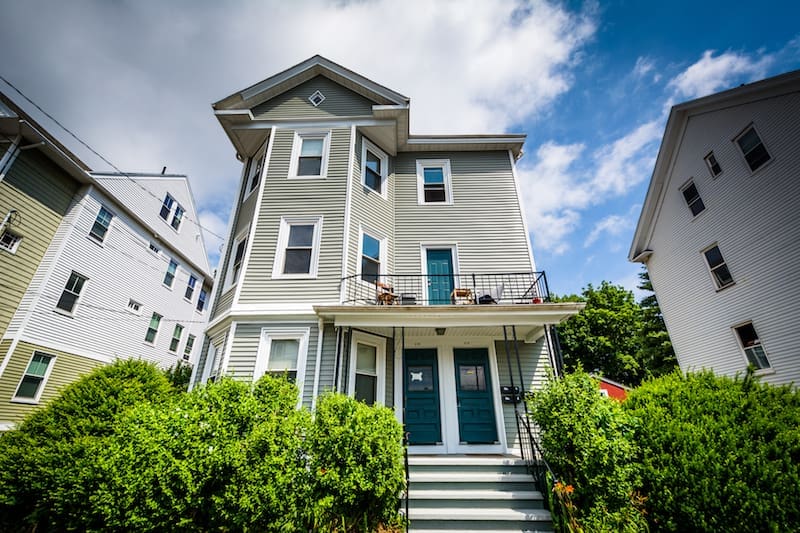
Get stories and expert advice on all things related to college and parenting.

Moving off campus is an exciting rite of passage. Your student may feel more than ready for the new independence and responsibilities, but the transition brings challenges, too.
It’s so important that your student and their roommate(s) end up with a safe, clean, convenient and affordable place, and they’re much more likely to have a successful housing search if they go about it the right way.
Here is essential advice to share.
Before your student starts looking, have a family conversation to determine what you can afford to pay for rent.
Things that will factor in:
Remember that your student will need money up front as soon as the lease is signed — typically first and last months’ rent plus a security deposit.
Note: If you are using 529 college savings account funds to pay for all or part of your student’s higher education expenses, good news. If your student is enrolled at least half-time in a degree-granting program, you can use 529 funds for off-campus housing expenses (but not necessarily the full amount). The college or university determines the allowable off-campus-room-and-board figure for federal financial aid purposes; contact the Financial Aid office to find out what it is.
This may be the first legal document your student has encountered. It’s very important for them to review the lease carefully. Parents and guardians should take a close look, too (even if you are not required to co-sign).
Be clear about the following:
Your student and their roommate(s) will do this when they sign the lease. Encourage your student to make notes and take photos, paying special attention to stains on the ceiling, holes in the walls, a cracked bathroom sink, etc. so that, if there is a dispute at the end of the lease, they can prove their case and get their security deposit back.
Renters insurance is a must for students living off campus. Their personal belongings will not be covered by your homeowners policy or the landlord’s insurance. Renters insurance is affordable — typically less than $20 a month — and will cover the loss of possessions in case of fire, flood or theft. Renters insurance will also protect your student if they accidentally damage another person’s property or if someone is injured in their apartment or house.